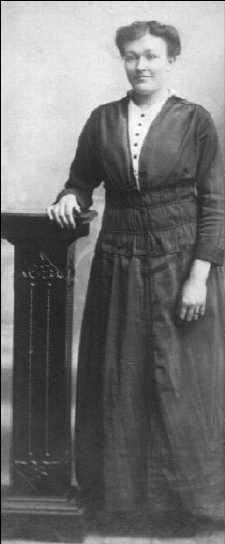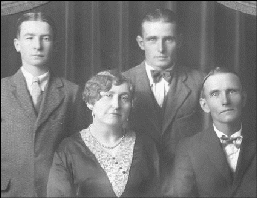 Many aliens entering
the United States began their journey as emigrants escaping poverty, economic disasters,
restrictions on personal freedom in their homelands; seeking a better, freer life in
America, the land of opportunity. Many aliens entering
the United States began their journey as emigrants escaping poverty, economic disasters,
restrictions on personal freedom in their homelands; seeking a better, freer life in
America, the land of opportunity.
Others began their trek to America as refugees
fleeing other nations where wars, political oppression, persecution, famine and epidemics,
drove them to seek a better life elsewhere. And so they came, seeking security,
prosperity, adventure, secure jobs, and arable land. Immigrants also wanted to be reunited
with loved ones, family members who came to America before them.
 Prior to the Revolutionary War, most of the
U.S.’ immigrants, the colonists, came from England. Many also came from Germany,
France, Ireland, Wales, Scotland, Italy, The Netherlands, Poland, and Sweden. Some sought
adventure, while others fled religious persecution. Before England started using Australia
as a penal colony, many of Britain’s convicts were sent to America. From 1700 to the
beginning of the Revolutionary War, approximately 450,000 immigrants arrived in the
American colonies. Prior to the Revolutionary War, most of the
U.S.’ immigrants, the colonists, came from England. Many also came from Germany,
France, Ireland, Wales, Scotland, Italy, The Netherlands, Poland, and Sweden. Some sought
adventure, while others fled religious persecution. Before England started using Australia
as a penal colony, many of Britain’s convicts were sent to America. From 1700 to the
beginning of the Revolutionary War, approximately 450,000 immigrants arrived in the
American colonies.
The ‘mother country’ exerted some control over who entered America by trying
to keep out those who might become unwanted social burdens (dependent strangers). Colonies
were encouraged to give free land to each arrival if they met certain conditions, such as
a paid passage. This gave each immigrant the means to make a new start if they were
willing to work hard and reduced the chance that they would become ‘public
charges’. After America’s independence, however, any such restraints on
immigration disappeared and the federal government simply regulated the conditions for
naturalization. |

